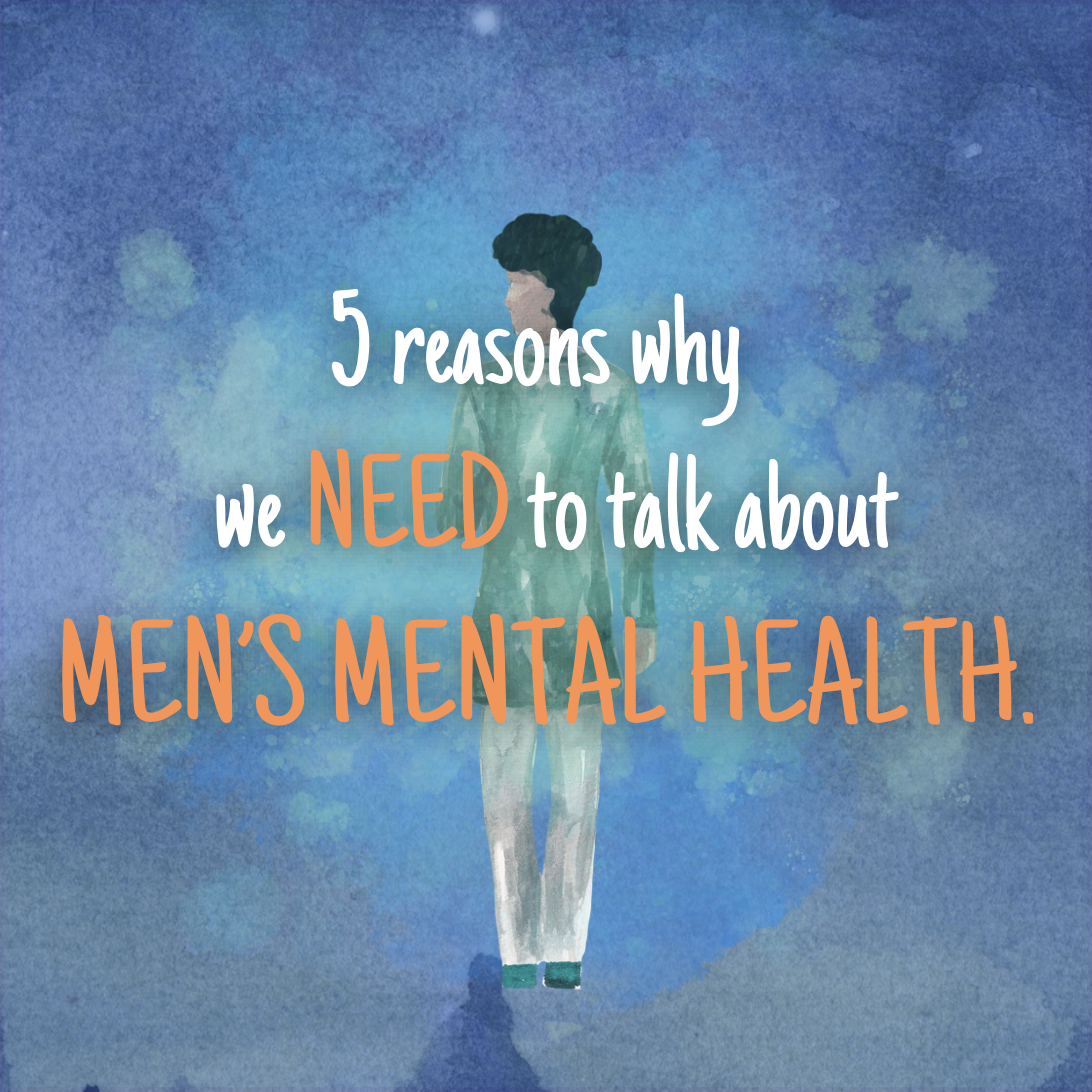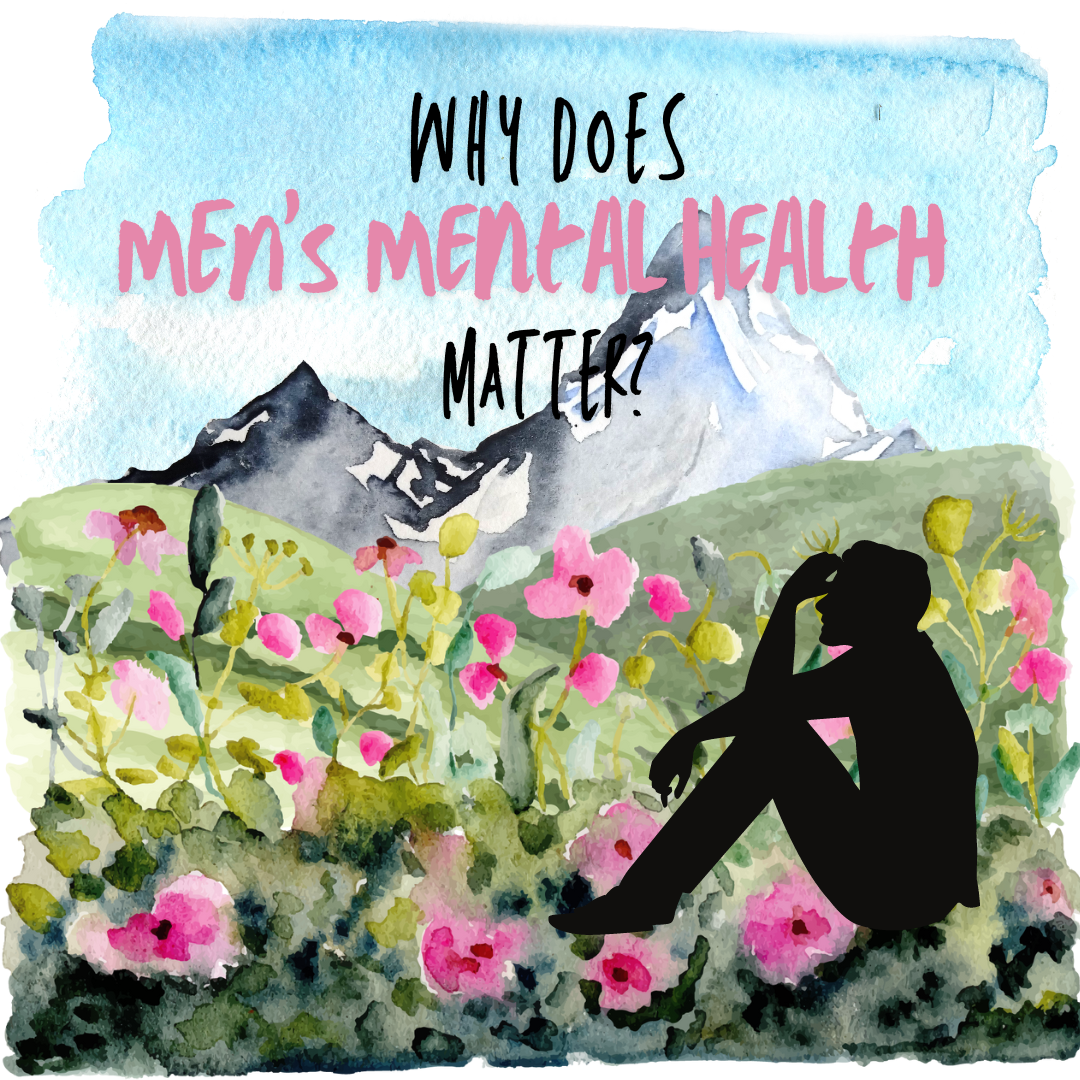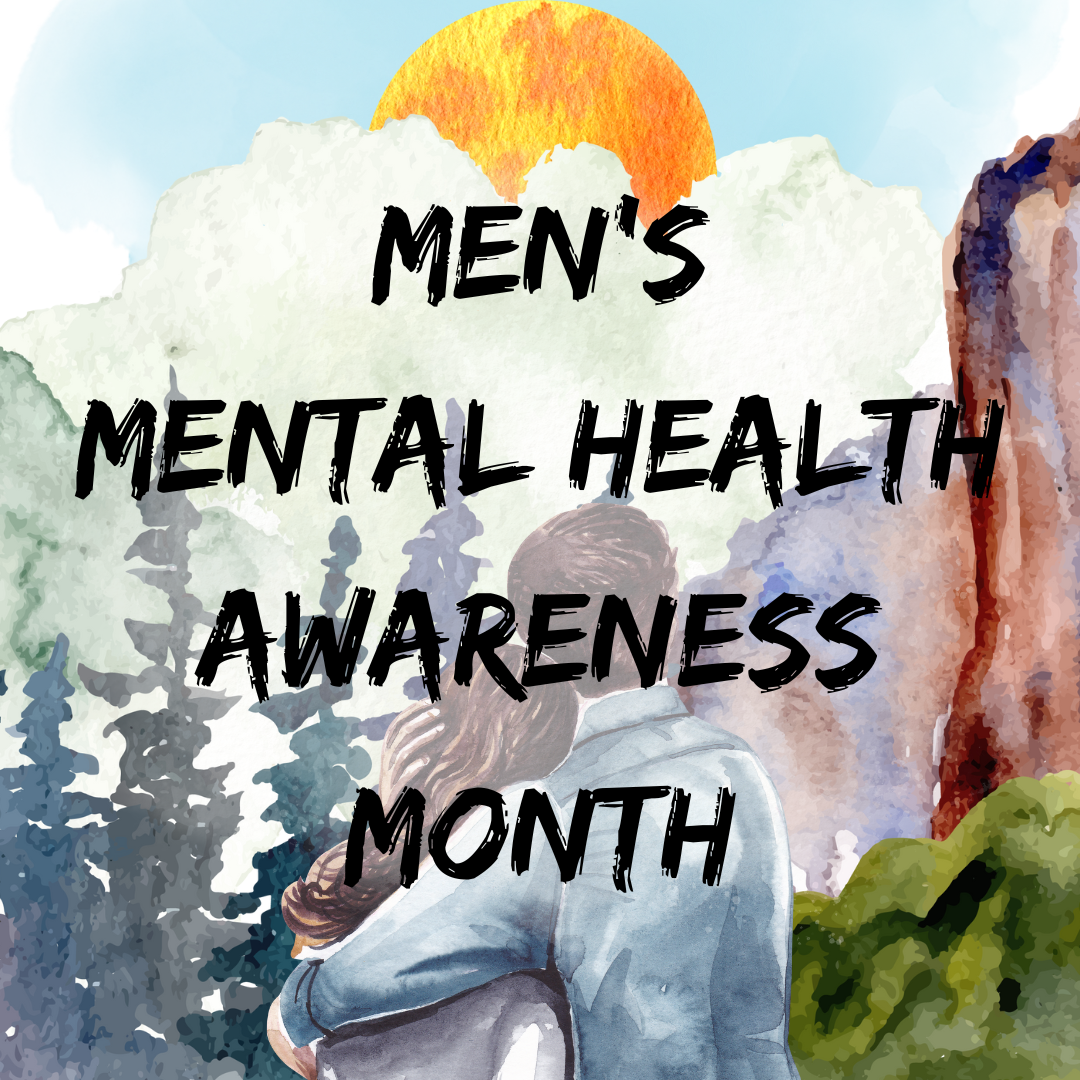

Enrich Your Brain Now: Writings About Psychology!
Welcome to the Blog!
Welcome to our blog, your go-to destination for insightful writings on ADHD, anxiety, depression, and other mental health topics. Dive into our collection of articles designed to provide insights to help you navigate all of life’s different challenges. Stay informed, empowered, and inspired as you embark on your journey towards a better mental health!
-

March 1, 2025 is Self-Injury Awareness Day, a day that mental health organizations around the world have dedicated to breaking the stigma surrounding self-harm and promoting prevention strategies. Why does this matter? Self-harm affects millions around the world. Recent studies…
-

You need to know the truth behind men’s mental health.
As Men’s Mental Health Awareness Month (June) comes to a close, there are five shocking truths that you need to know about men’s mental health. It is important that we remember these truths as we interact with the men in…
-

Why we need to talk about Men’s Mental Health Now!
As we celebrate Men’s Mental Health Month, it is important to acknowledge that men’s mental health is often overlooked. While society has made significant strides in acknowledging and addressing mental health issues, the unique challenges faced by men still require…
-

What is Men’s Mental Health Awareness Month?
Men’s Mental Health Month is observed in June each year to raise awareness about the mental health challenges and issues that specifically affect men. This month-long campaign focuses on encouraging men to talk about their mental health, seek help when…
-

How does the ICD-10 define Depression? Signs you need to know!
While most people are aware of the DSM (Diagnostic and Statistical Manual of Mental Disorders), there exists another tool that practitioners use for diagnosis. That tool is the International Classification of Diseases, 10th Revision (ICD-10), which provides criteria for diagnosing…
